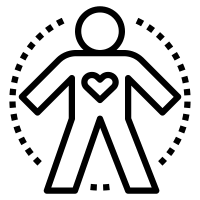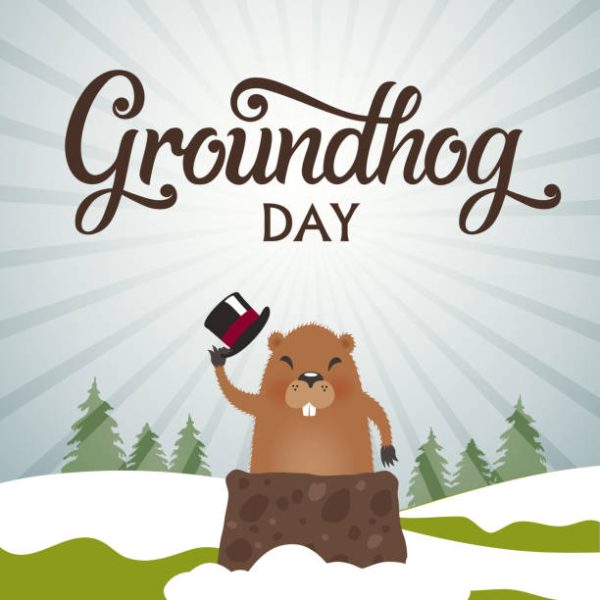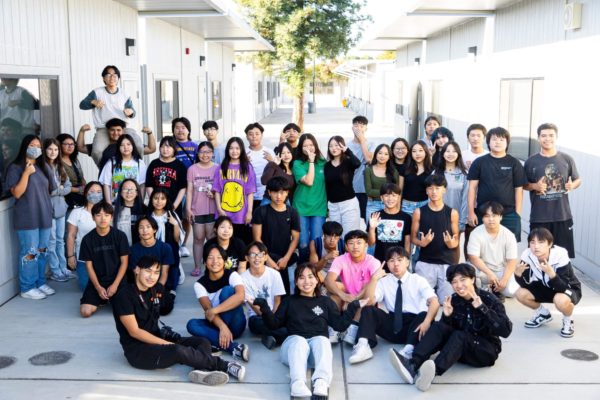COVID: Being Safer, Take Precautions

February 8, 2022
With the rise in COVID-19, it has become one of the top 3 leading causes of death, detected by the CDC. The rise of the virus has been haunting this society for the last two to three years but there have been some weeks or months that have had less of an impact on everyone around us. However, recently after the holidays in the U.S., there has been a spike in the numbers of cases and death. According to the CDC, there are a total of 75,012,446 (+676,874 new cases) cases in the United States (from February 1,2022). The number of deaths from COVID-19 you might wonder? 884,853 (+2,592) deaths within the last 7 days in the U.S. Imagine the loss of loved ones or people you might have encountered daily, have passed away due to this horrendous virus. This is where we all need to take part in following the safety precautions and procedures conducted by the FDA and the CDC. The CDC have announced that “Shortened isolation time, instead of 10 days, it is now 5 days Follow that by 5 days of wearing a mask when around people.”
There are some very simple procedures that need to be taken seriously for your safety and for others. The safety procedures are easy, and many already tend to do them every day. “If you tested positive for COVID (regardless of vaccination status), you will need to isolate for 5 days, if your symptoms have gone down after 5 days. You will be able to leave your house and wear a mask for 5 days.
If you are a close contact: (boosted: wear a mask for 10 days, test on day 5, if positive or have symptoms, stay home) (If unvaccinated: stay home for 5 days, after that continue to wear a mask for another 5 days, test on day 5, if you have symptoms, stay home)” Also, I know this may raise some issues but, getting vaccinated can be a very helpful action to keep yourself and others safe. US Food and Drug Administration has announced that “(a)nyone from 5 and up are or may be eligible for the vaccine.”
You could take a child, your mother, your grandparents, anyone you know, to get vaccinated and stay protected to the extra mile. Over 212.0 million people across the U.S. are fully vaccinated and just about 88.3 million have received their booster shot ( courtesy of https://covid.cdc.gov/covid-data-tracker/#vaccinations_vacc-total-admin-rate-total ).
Mental Health
The death of those we love directly affects our life especially our health in so many ways, both physically and mentally. The Columbia Mailman School of Public Health says that “losing a loved one suddenly raises the risk of major depression, excessive use of alcohol, and anxiety disorders, including panic disorder, post-traumatic stress disorder, and phobia.” When asked, someone I interviewed (who wishes to remain anonymous) said, “My mental health was affected a lot because I was with him all of the time. I couldn’t eat or do anything because I was so sad.” When someone you know is going through grief after losing someone, make sure you’re really listening to them and what they have to say. Offer them support where they need it and remember the actions that you may think are small are really making a difference.
If you are currently experiencing feelings of depression or anxiety that do not go away, please seek professional help. While it is normal to experience feelings of sadness and grief leaving serious mental health issues such as depression and anxiety unattended can cause a risk for your own health. Please speak to someone whether it be a mental health professional, a friend, a family member, etc. anything is better than putting your life at risk.










